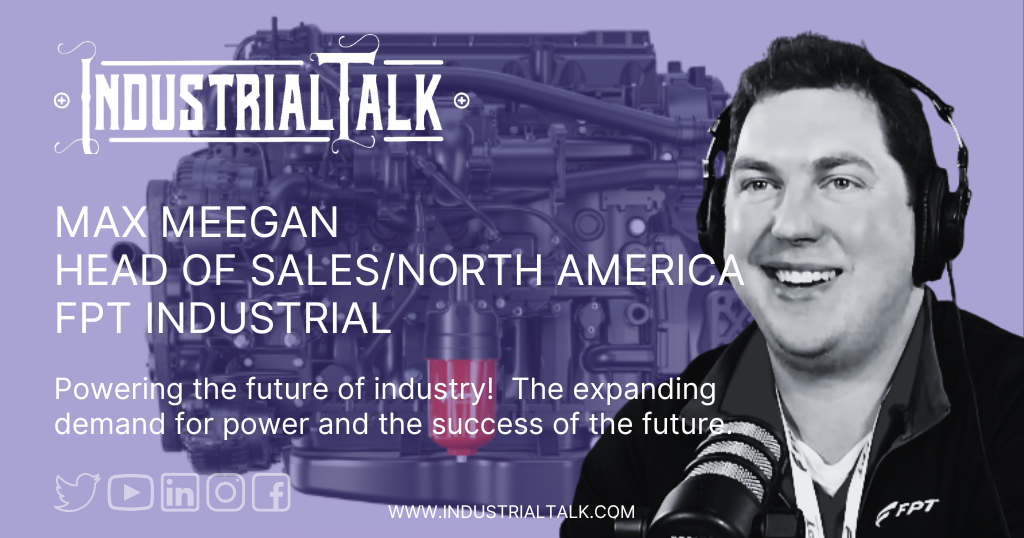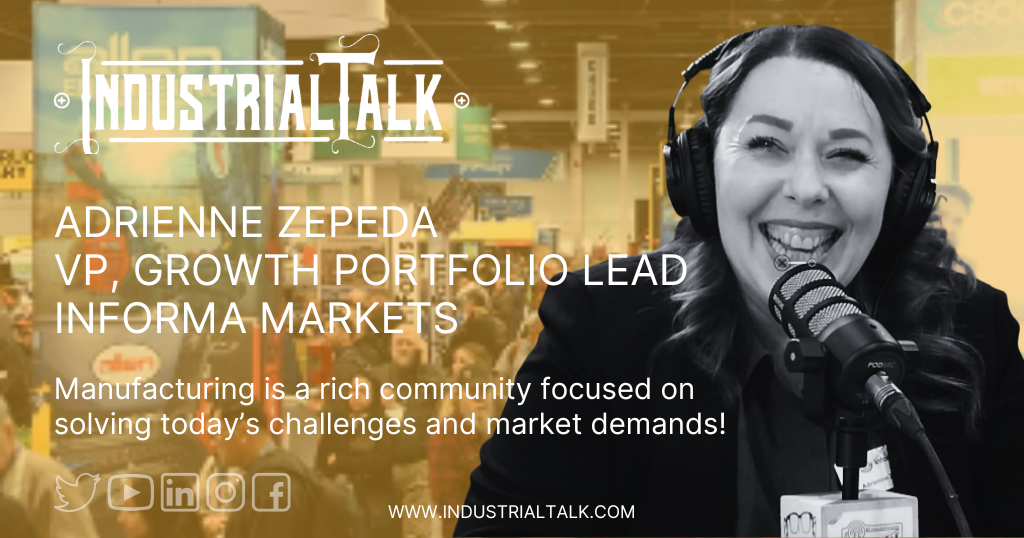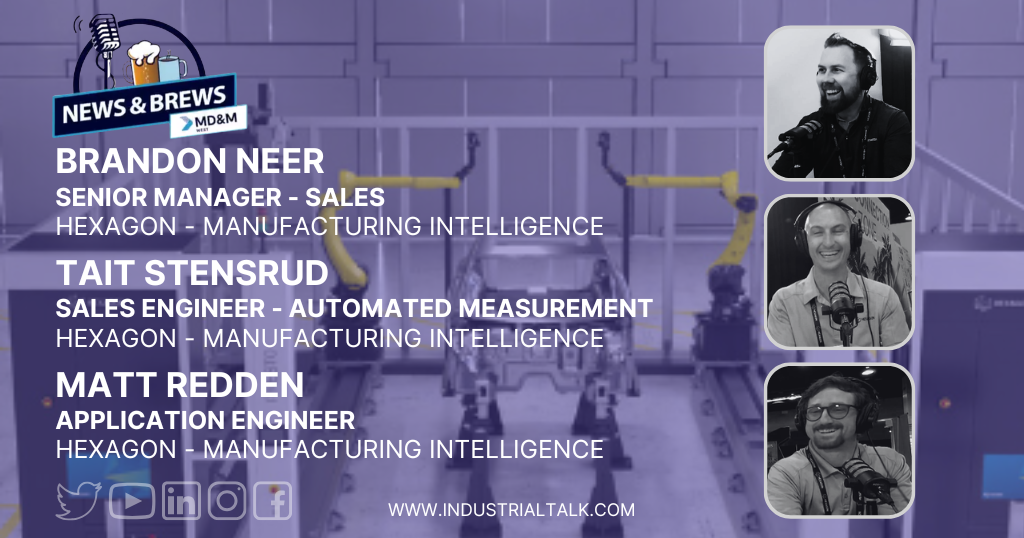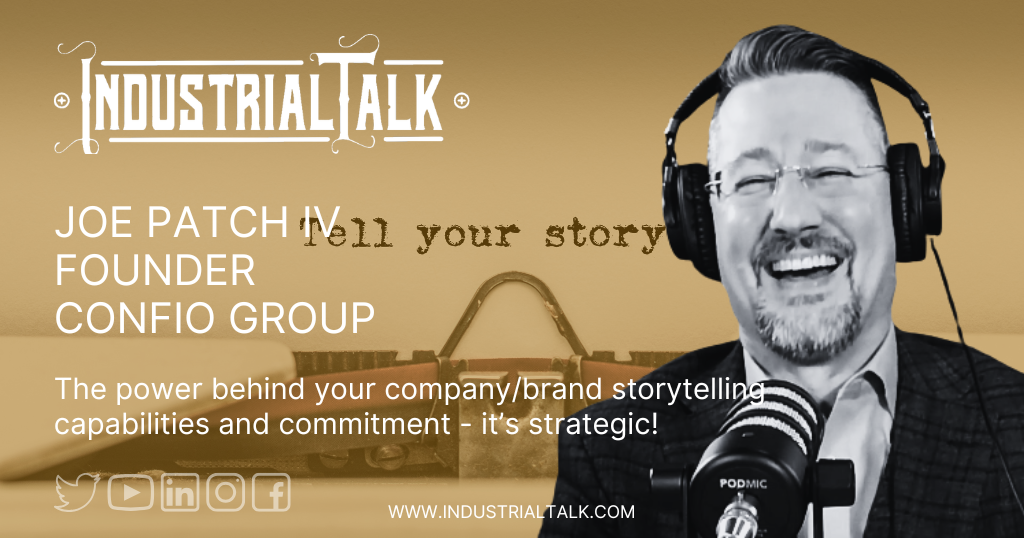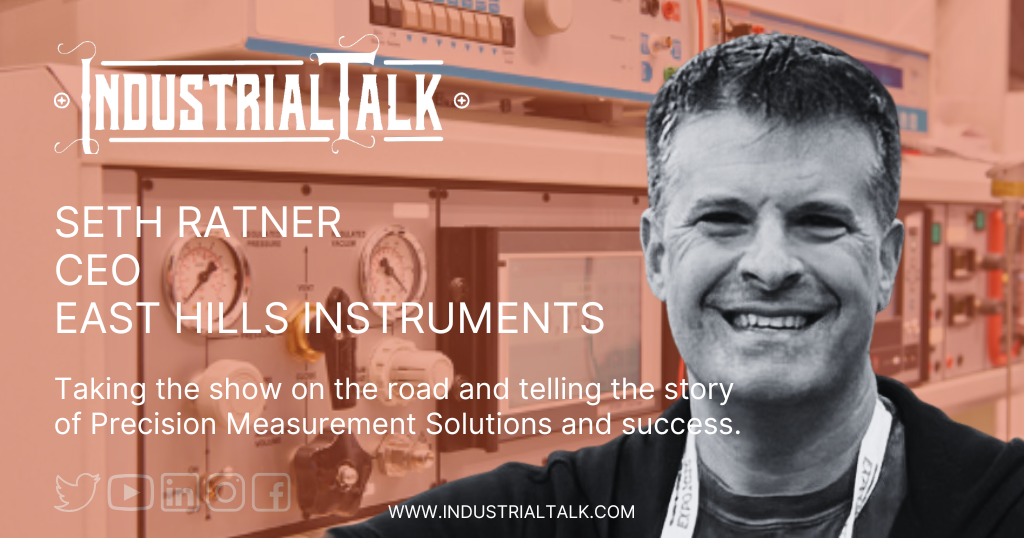Max Meegan with FPT Industrial
Max Meegan, Head of Sales for North America at FPT Industrial, explains how FPT—one of the world’s largest diesel engine manufacturers—supports power‑generation OEMs with a broad 30–800 kW engine portfolio, flexible packaging options, and a 300–400‑location North American service network. He highlights two major market challenges: under‑loading in rental/prime power applications, which FPT solves with a unique exhaust‑brake system that applies artificial load to protect after‑treatment reliability; and rapidly growing data‑center power demand, where long lead times for large 1–3 MW engines are pushing customers to deploy multiple smaller FPT gensets in parallel for faster delivery and higher uptime. Max also details FPT’s major after‑treatment advantage—optimized combustion that eliminates the need for a DPF and regeneration downtime, making their Stage V engines more efficient and reliable than typical EGR/DPF systems. Overall, he underscores a booming power‑generation market and FPT’s strong position in meeting fast, modular, and dependable power needs.
Adrienne Zepeda with MD&M West and Informa Markets
Industrial Talk is onsite at MD&M West and talking to Adrienne Zepeda, VP, Growth Portfolio Lead at Informa Markets about “Manufacturing, a community built on connections”.
The conversation highlights the success and impact of the MD&M West event, organized by Informa. Adrienne Zepeda, Vice President at Informa, discusses the event’s significance, noting over 12,000 attendees and the extensive planning involved, starting two to four weeks post-event. Adrienne emphasizes the importance of continuous improvement, leveraging feedback from exhibitors and attendees, and planning events up to two years in advance. Despite challenges, such as COVID-19, the event maintained its schedule, showcasing innovative technologies and fostering human connections. Adrienne’s role involves overseeing six events, including MD&M West, and ensuring the success of each event through meticulous planning and collaboration.
Brandon Neer, Tait Stensrud and Matt Redden with Hexagon
Industrial Talk is onsite at MD&M West and talking to Brandon Neer, Tait Stensrud and Matt Redden at Hexagon Manufacturing Intelligence.
The Industrial Talk podcast, sponsored by MD&M West and News and Brews, features a discussion with Brandon, Tait, and Matt from Hexagon Manufacturing Intelligence. Brandon manages portable devices sales, Tait oversees stationary device measurement, and Matt focuses on production software. They discuss the importance of measurement in various industries, including automotive, aerospace, and medical, emphasizing quality control and automation. Hexagon’s solutions integrate AI to enhance efficiency and accuracy, reducing costs through automated processes. The team highlights the significant ROI from integrating quality into manufacturing, leveraging AI to assist programmers and improve production. Listeners are encouraged to connect with them on LinkedIn for more information.
Joe Patch IV with Confio Group
Industrial Talk is onsite at PowerGen and talking to Joe Patch IV, Founder of Confio Group about “The need for industry to tell their story – human connection”.
The conversation revolves around the Industrial Talk podcast, hosted by Scott Mackenzie, and the PowerGen conference in San Antonio. Scott celebrates industry professionals and discusses the importance of authenticity in leadership and communication to attract talent. Joe Patch, a guest, highlights the growing interest in nuclear energy, particularly small modular reactors (SMRs), and the challenges of regulatory approval and workforce shortages, particularly the need for 1 million engineers in the next 5 years. They also discuss the role of AI in enhancing efficiency but stress the importance of maintaining authentic human connection in business. Joe’s son, interested in engineering, is also mentioned.
Seth Ratner with East Hills Instruments
Industrial Talk is talking to Seth Ratner, CEO at East Hills Instruments about “Telling the story of advanced precision measurement solutions”.
Scott Mackenzie promotes Wildcat Generation’s unmatched power generation expertise on the Industrial Talk Podcast. Seth Ratner from East Hill Instruments discusses his journey of promoting his company through an RV tour, emphasizing the importance of storytelling in business. Seth’s company manufactures handheld test and measurement equipment for pressure and vacuum, highlighting their unique auto-ranging technology that eliminates the need for multiple devices. Despite challenges from large distributors, Seth’s direct approach and innovative products are gaining traction. He encourages proactive asset maintenance and offers his contact details for further engagement.

